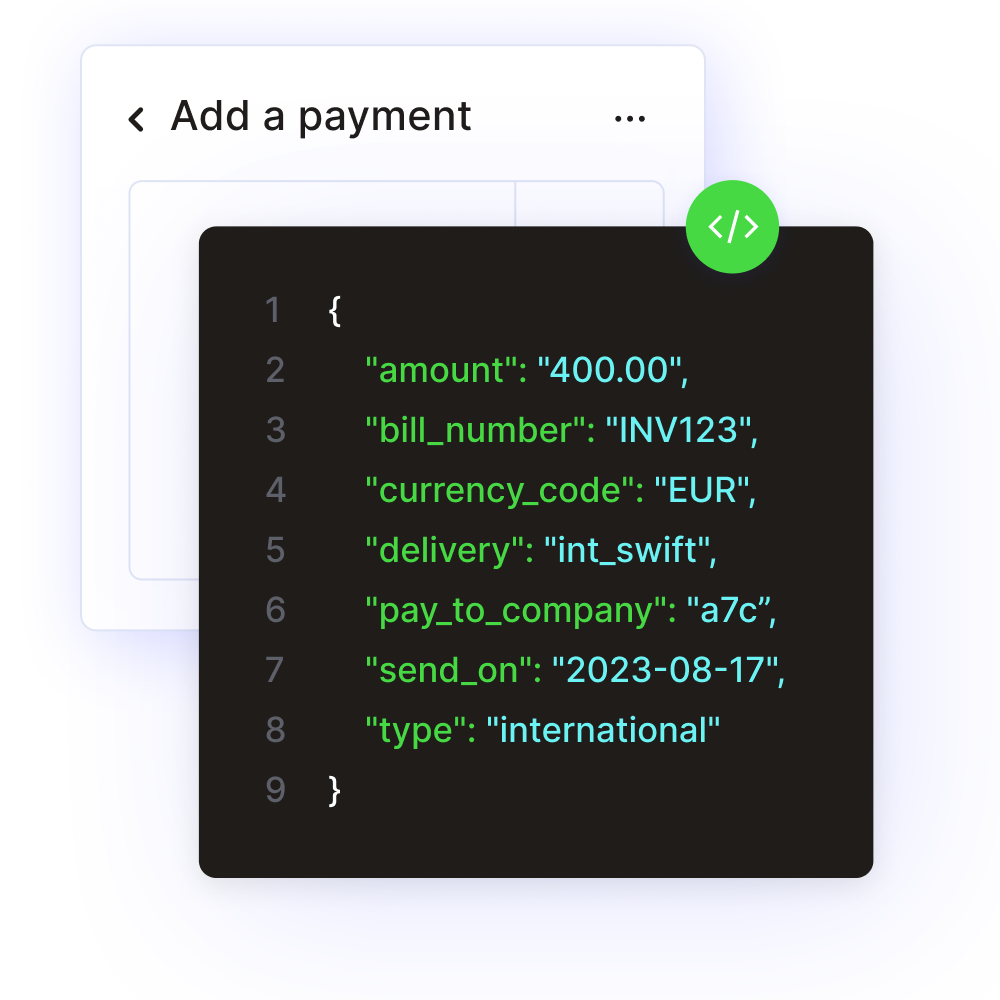Give a Duck: Inside a remote hackathon project at Routable
Jules Terrien
| June 28th, 2022
As a remote-native company, Routable prioritizes fostering an engaging and collaborative culture. One of our favorite ways of doing this is through hackathons.
From time to time, we leave the comfort of our homes to meet each other in person and hack together on projects, flying out to different cities across the country. Of course, Routers (Routable employees) have the option of participating remotely, too.
In our last hackathon, Routers were asked to come up with a project to promote or improve remote culture. The results were fantastic with different projects showcasing everyone’s creativity: from a multiplayer game where teams compete to move players across randomly generated mazes (a fun, nerdy ice-breaker before meetings) to new tools to share team knowledge on Slack.
It's easy to communicate with each other when hacking together in person, but going remote can present a different set of obstacles to overcome. To showcase how Routable’s remote teams came together to create amazing MVPs (minimum viable products), we selected Team 2^3 to tell us about their experience building their remote project, Give a Duck.
What's Give a Duck?
First, let’s talk about what the team created during the hackathon.
Give a Duck is an app to show appreciation to your team virtually, and it's a tangible way to express one of Routable’s company values: Engage with empathy.
Want to give a shoutout to a team member to let everyone know about their hard work? The answer is DUCK YES.

Users can gift different types of ducks:
The Appreciation Duck
Shoutout your teammate for a recent win, and let your teammate know how much you admire them with words of encouragement.
The Compassion Duck
Support your teammate by letting them know you’re there for them no matter the weather. When you notice that someone is having a rough time, send luck in the form of a duck to brighten their day.
The Thanks Duck
Show your teammate that you value their hard work and contributions. If you notice someone exceeding expectations and overcoming challenges to reach their goals, send this duck to tell them you appreciate their awesome work.
The Learned Duck
Show some love when you notice that a teammate has been expanding their knowledge in a particular area. Let's face it, onboarding and learning new things can be rough so just Duck it and give a Learned Duck to your teammate.
And to unlock secret ducks while using the app, users just enter a Konami code.

Some secret ducks users can unlock:
The Duck it Duck
Took a risk and tried something new? #YOLO
The Zero Ducks Duck
Don't give zero ducks? Go with the flow, do whatever you want, and let someone else drive in the meantime. #IDGAD (I don't give a duck.)
The Tom Duck
Rockstar. Talented singer. Superhero. Lifeline.
How Team 2^3 hacked together remotely
We asked a few Routers from team Give A Duck about their experience completing a hackathon without the convenience of working together in person: Chris Bishop, a lead frontend developer on the Payment Automation pod, and director of engineering Linda Renard. Here's what they shared.
The benefits and challenges of a remote hackathon
As a remote native company, having a remote-friendly hackathon felt like a natural fit. Routers could fully participate in the hackathon without changes in their normal routines or family time. This also made it easier for teammates who were not comfortable traveling coming out of the COVID-19 pandemic.
This hackathon was also an opportunity for Routers from around the world to connect. Teams formed with members from all departments and functions, allowing Routers to spend time with other Routers they do not get to interact with daily. As team members joined from different time zones, this also meant projects could be worked on around the clock as teammates picked up where others left off.
A remote hackathon option provided a new canvas for teammates to gel in short periods of time. Routers are used to collaborating in a remote fashion, but they're often doing so with the same set of teammates, so everyone is already familiar with each other's work styles. To figure out how to best spend time together with new teammates, many teams kicked things off by having deep conversations about strengths and weaknesses.
One notable challenge, however, was finding ways to balance hackathon tasks with other run-of-the-mill work tasks that came up. For example, if a Router had a major feature being released around the same time, it could be challenging to want to prioritize a hackathon project remotely.
Strategies and tools that helped Team 2^3 with remote collaboration
To make this remote hackathon work, the team applied the same tools and techniques they use daily to run their remote sprints. They would start a day with a synchronous brainstorming session — similar to a standup — where they discussed progress, blockers and ideas. They used Notion to document everything and a dedicated Slack channel to chat.
Throughout the day, they had regular async check-ins to answer questions and help each other out. They also jumped on calls to collaborate on a given problem together.
Every team member had the expectation of being transparent with their availability and progress, and to mirror the straightforward and clear communication style employed at Routable daily. Direct communication made it easier to handle situations where hackathon team members had to be pulled into time-sensitive situations as some of us were still working on our regular day-to-day tasks.
If you'd like to join the team at Routable, see our current openings here.
Lear more about what it's like to work at Routable:
Recommended Reading

Developer
From 5 engineers to 50: What a fast-growth team has taught me
A Routable manager shares lessons learned as part of an engineering team that has exploded in size in a short time.

Developer
How business payments are like pull requests
Business payments are a lot like pull requests—the mechanism software engineers use to alert their team about changes to code and get it reviewed before it’s deployed.
